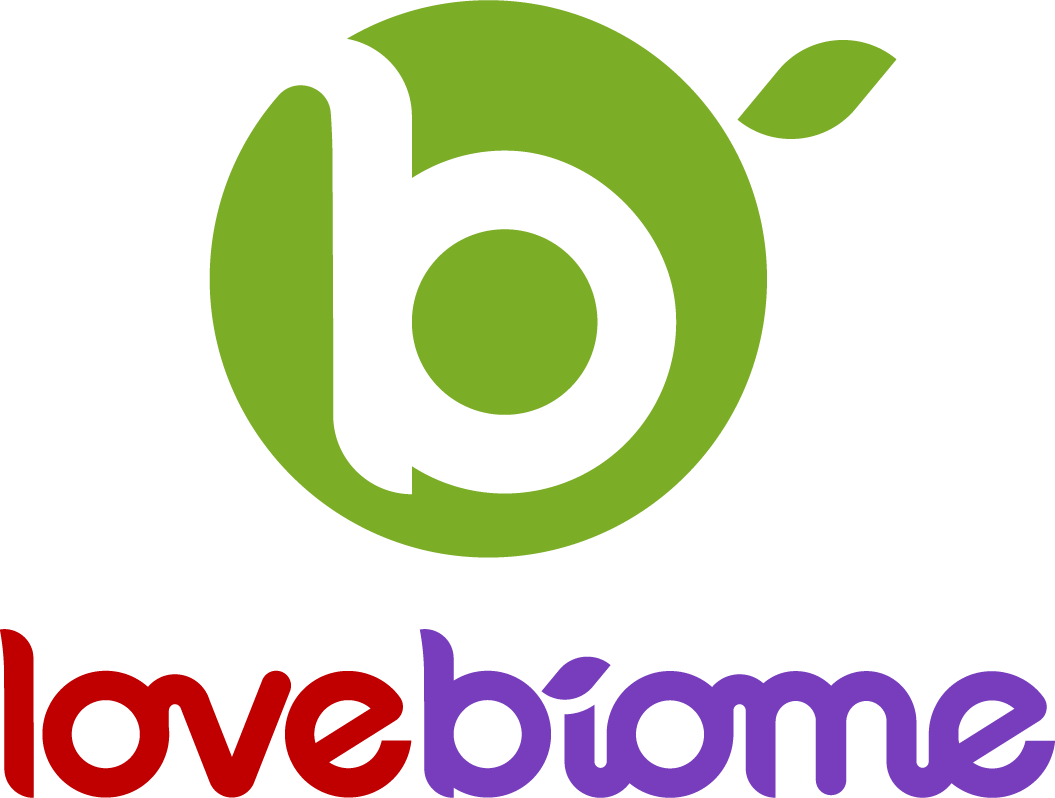Decreased Inflammation
From the First Sip Series
The LoveBiome Daily 3 System gets to work as soon as you take a sip. Over the next few months, we are going to be talking about all of the benefits that you may see with consistent use of the Daily 3 System. For more information on the From the First Sip Series, check out this blog post. Check back each Friday for a new blog that will give you a deep dive into these benefits.
In the intricate ecosystem that is the human body, the gut microbiome stands as a dynamic and influential player. Recent research has illuminated its profound impact on our overall health, particularly when it comes to the regulation of inflammation. Inflammation, a natural immune response to injury or infection, becomes problematic when it becomes chronic, contributing to a wide range of diseases. But did you know that nurturing a healthy gut microbiome can be a key factor in taming this inflammation? In this article, we delve into the fascinating world of the gut microbiome and explore how cultivating a balanced microbial community can pave the way to decreased inflammation and improved well-being.
Unraveling the Gut Microbiome: The Body’s Microbial Orchestra
The gut microbiome is a bustling community of trillions of microorganisms, including bacteria, viruses, fungi, and more. These tiny inhabitants reside primarily in our digestive tract, influencing everything from digestion and nutrient absorption to immune system function. The composition of the gut microbiome is as unique as a fingerprint, influenced by factors such as genetics, diet, lifestyle, and environment.
The Gut Microbiome’s Role in Inflammation
Chronic inflammation has been linked to a host of health problems, including cardiovascular diseases, autoimmune disorders, and even mental health issues. The gut microbiome’s role in inflammation regulation stems from its interactions with the immune system. A balanced microbiome encourages the production of beneficial metabolites that help control inflammation and maintain a harmonious immune response.
Conversely, an imbalanced microbiome, known as dysbiosis, can lead to a disrupted immune system and increased inflammation. Harmful bacteria can release toxins that trigger inflammation, while a lack of beneficial bacteria can lead to a weakened immune response and heightened susceptibility to inflammation-related diseases.
Nurturing a Healthy Microbiome for Reduced Inflammation
- Diet Matters: A diet rich in fiber, prebiotics (which nourish beneficial bacteria), and fermented foods can foster the growth of beneficial microbes. Leafy greens, whole grains, fruits, vegetables, yogurt, and kefir are great choices.
- Probiotics: These are live beneficial bacteria found in certain foods and supplements. Consuming probiotics can help restore balance to your gut microbiome, potentially reducing inflammation. The LoveBiome Daily 3 System is a perfect blend of both probiotics and prebiotics and helps to ensure that you are getting the perfect balance you need for your microbiome.
- Limit Sugar and Processed Foods: High sugar and processed foods can contribute to the growth of harmful bacteria, disrupting the microbiome’s balance and promoting inflammation.
- Stress Management: Chronic stress can negatively impact the gut microbiome. Practices such as mindfulness, meditation, and regular exercise can support a healthy microbial community.
- Adequate Sleep: Sleep is crucial for overall health, including the gut microbiome. Prioritize quality sleep to maintain a balanced microbiome.
- Hydration: Staying hydrated supports digestion and a healthy gut environment, which in turn can help manage inflammation.
The Road Ahead: Research and Implications
Scientific understanding of the gut microbiome’s impact on inflammation is a burgeoning field. Research is uncovering specific bacterial strains that play a role in inflammation regulation, offering exciting potential for targeted therapies in the future.
In conclusion, our gut microbiome is a complex and influential entity that plays a pivotal role in our health and well-being. By nurturing a diverse and balanced microbial community through diet, lifestyle choices, and other practices, we can potentially reduce inflammation and lower the risk of various chronic diseases. As we continue to unlock the mysteries of the gut microbiome, its significance in inflammation control underscores the importance of treating our bodies not as singular entities, but as vibrant ecosystems that rely on harmony to flourish.






